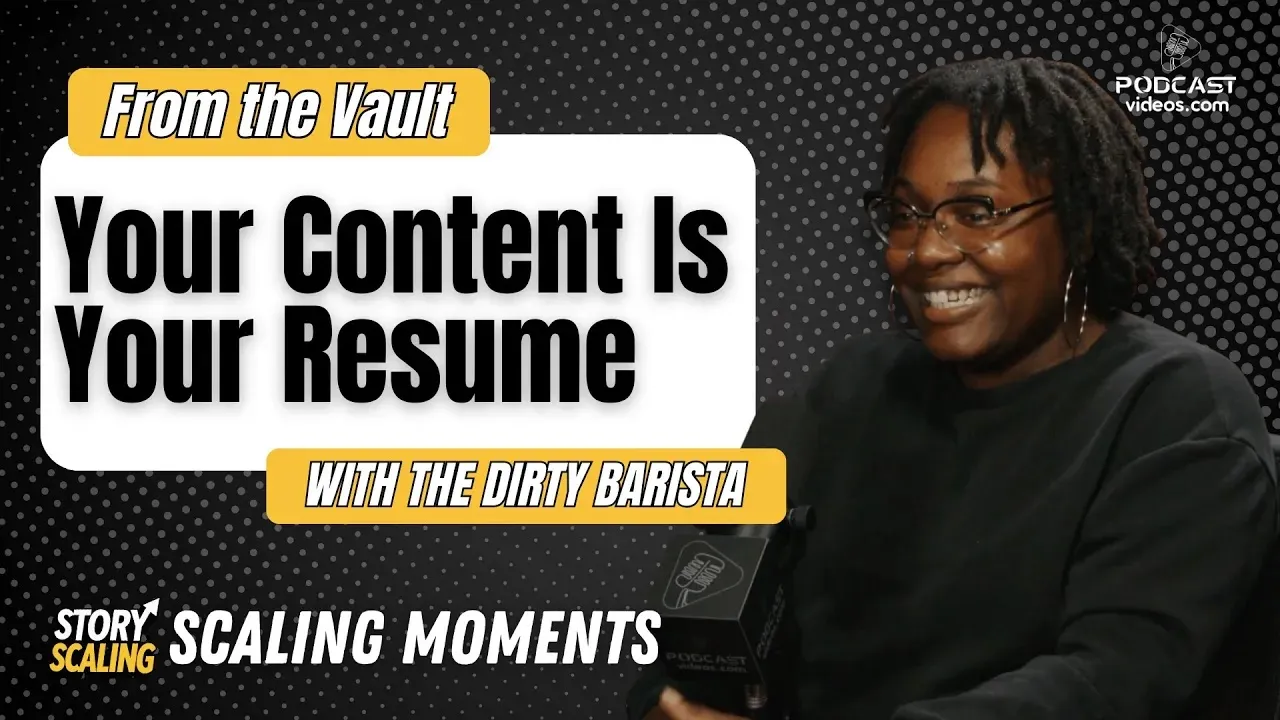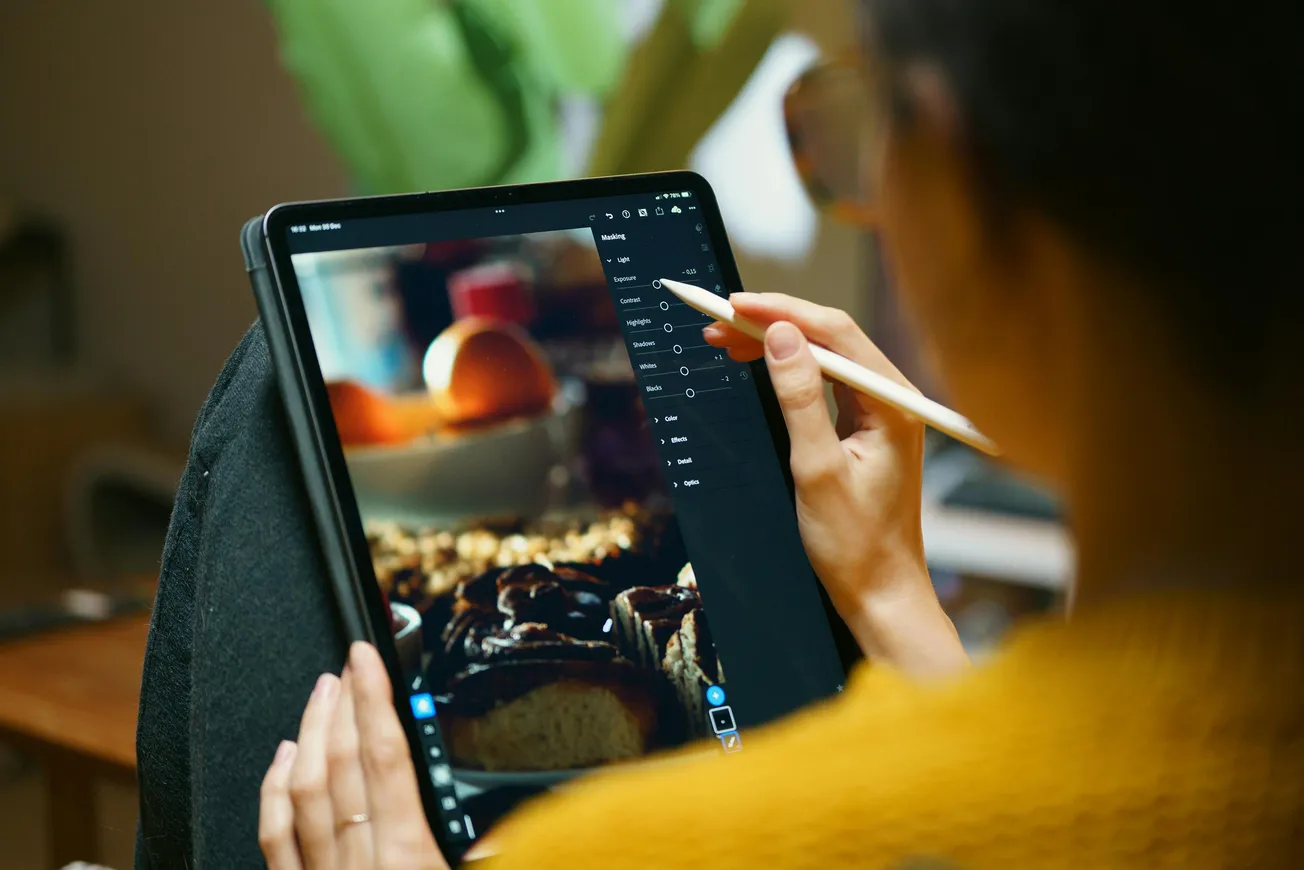In the early 2010s, podcasting felt like a frontier of creative possibility. Shows like This American Life, Serial and The Daily captured mass audiences through storytelling craft, immersive editing, and investigative depth.
They weren’t just conversations. They were productions.
But according to Alex Sujong Laughlin in her recent article for Defector, that golden age may be fading fast.
From Ambition to Algorithm
Laughlin said the industry’s creative ambition is being suffocated by market consolidation and economic pressure. The narrative-rich, labor-intensive podcasts that once set the bar are now often replaced by inexpensive, high-volume talk shows and chat formats.
With major networks prioritizing quantity and social media virality over editorial depth, podcasting is drifting toward predictability.
The economics explain a lot. Narrative production is expensive and slow. Editing, scoring, and writing a story-rich episode can take weeks.
By contrast, a personality-driven show or celebrity chat can be recorded, clipped and distributed in a fraction of the time. This shift, while understandable from a business perspective, has left less room for experimentation and creativity.
Listeners Are Losing More Than Just Good Stories
The consequences reach beyond production teams. As podcasts chase algorithm-friendly formats, listeners may find themselves in an increasingly monotonous audio landscape. Episodes that once surprised or challenged are becoming harder to find among a sea of repetitive content.
Podcasts are increasingly designed to be social media-friendly with quotable moments, reactive clips and content churn. What gets lost in this formula is storytelling that takes risks, builds narrative tension or explores new formats.
As more podcasts are optimized for volume and virality, there’s concern that audiences are being trained to accept filler content over thought-provoking audio journalism or artistic experimentation.
What Creators Can Do Now
While big networks may gravitate toward safer bets, the tools for independent podcast creation are more accessible than ever. Small creators can still carve out space for meaningful storytelling.
Platforms like Patreon or subscription-supported feeds may help fund the kind of high-touch work that risks being sidelined.
There’s also a growing audience for niche, deeply-researched and creative shows. Listeners tired of endless chat shows are hungry for content that feels intentional, well-crafted and different. For creators, the opportunity lies in standing out through quality rather than scale.
The Future We Should Be Building
Laughlin’s critique is a warning, but also a challenge. If podcasting is to remain a vital storytelling medium, the industry must find ways to support craft, not just content. That might mean new business models, new discovery tools or renewed cultural support for independent work.
Ultimately, the future of podcasting doesn’t have to suck, but it will depend on who gets heard, what gets funded and what creators choose to make when they aren’t chasing the algorithm.










